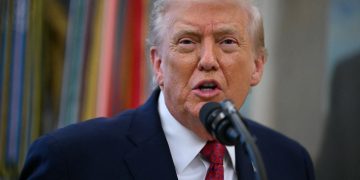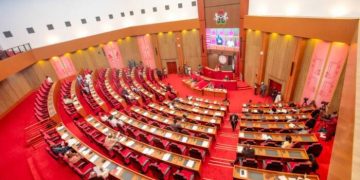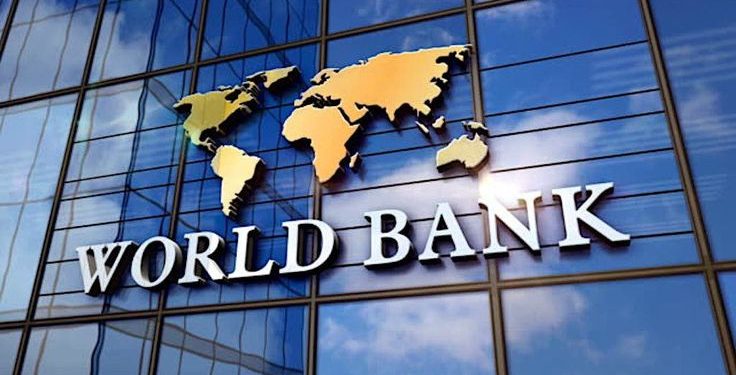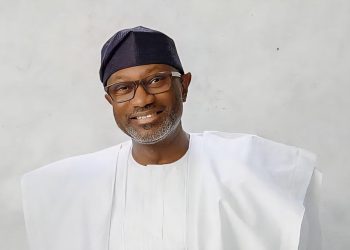The World Bank has cautioned that the country’s current growth rate is insufficient to meet the federal government’s ambitious goal of transforming Nigeria into a $1 trillion economy by 2030. The warning underscores the widening gap between the government’s long-term economic aspirations and the persistent structural weaknesses holding the nation back.
Nigeria’s federal government, under President Bola Tinubu, has laid out a vision of economic transformation through market-friendly reforms, investment promotion, and diversification away from oil. Central to this vision is the target of reaching a gross domestic product (GDP) of $1 trillion within the next five years. However, according to the World Bank’s latest country outlook, such a goal would require an average annual GDP growth rate of 7–8%, far beyond the country’s recent average of approximately 2.9%.
The World Bank’s analysis draws attention to several macroeconomic challenges that have constrained Nigeria’s growth for over a decade. Chief among them are persistently high inflation, foreign exchange volatility, and weak institutional capacity. Inflation in Nigeria recently surged past 30% year-on-year, eroding household purchasing power and discouraging private investment. Furthermore, the naira has seen multiple rounds of devaluation, leading to increased costs for imported goods and further undermining macroeconomic stability.
One of the most significant impediments to sustained growth, the Bank notes, is the underinvestment in human capital. Nigeria, Africa’s most populous country, has seen educational outcomes decline while access to quality healthcare remains limited. These deficiencies translate into a workforce that is poorly equipped for the modern economy. The World Bank emphasized that unless there is a substantial increase in investment in education and health, the demographic dividend Nigeria hopes to harness will become a demographic liability.
In addition to human capital constraints, infrastructure shortfalls continue to weigh heavily on economic performance. Chronic power shortages, inadequate road networks, and port inefficiencies reduce the competitiveness of Nigerian businesses, making the country a less attractive destination for manufacturing and large scale industrial operations. The World Bank highlighted that without resolving these foundational issues, Nigeria’s economy will struggle to accelerate meaningfully.
Compounding these challenges is the country’s high debt service burden. Nigeria currently allocates a significant portion of its revenues toward repaying both domestic and foreign debt. As a result, less funding is available for capital expenditure that could drive economic development. While the government has taken steps to broaden its revenue base through tax reforms and subsidy removals, implementation has often been slow and met with public resistance.
The World Bank has therefore urged the Nigerian government to adopt a series of urgent policy measures if the $1 trillion GDP target is to be taken seriously. These include enhancing fiscal transparency and public sector efficiency, investing heavily in education and healthcare, diversifying the economy away from oil dependence, and creating a more conducive environment for domestic and foreign private investment. In particular, the Bank pointed to the need for consistent and credible policymaking to rebuild investor confidence, which has been shaken by years of abrupt policy reversals and regulatory uncertainty.
International financial analysts and media outlets have echoed the World Bank’s sentiments. Bloomberg recently reported that Nigeria risks falling into a “low-growth trap” without meaningful reforms, while Reuters cited concerns over policy inconsistency and governance issues. Al Jazeera also highlighted Nigeria’s ballooning public debt and the dangers of focusing on nominal growth targets at the expense of structural reform.
Despite these grim warnings, there remains a path forward. Nigeria possesses significant economic potential, with vast natural and human resources, a growing tech ecosystem, and strategic access to both regional and global markets. But unlocking that potential requires more than ambition it demands coherent, sustained, and inclusive policymaking.























































